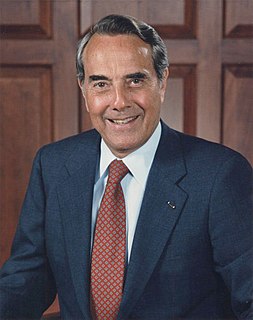A Quote by Ludwig Wittgenstein
A picture held us captive. And we could not get outside it, for it lay in our language and language seemed to repeat it to us inexorably.
Related Quotes
I watched the gorilla's eyes again, wise and knowing eyes, and wondered about this business of trying to teach apes language. Our language. Why? There are many members of our own species who live in and with the forest and know it and understand it. We don't listen to them. What is there to suggest we would listen to anything an ape could tell us? Or that it would be able to tell us of its life in a language that hasn't been born of that life? I thought, maybe it is not that they have yet to gain a language, it is that we have lost one.
Writing engenders in us certain attitudes toward language. It encourages us to take words for granted. Writing has enabled us to store vast quantities of words indefinitely. This is advantageous on the one hand but dangerous on the other. The result is that we have developed a kind of false security where language is concerned, and our sensitivity to language has deteriorated. And we have become in proportion insensitive to silence.
Language both reflects and shapes society. Culture shapes language and then language shapes culture. Little wonder that the words we use to talk to each other, and about each other, are the most important words in our language: they tell us who I am, they tell us who you are, they tell us who 'they' are.
The glib, facile, simplistic, and prefabricated language by which we as consumers are constantly surrounded is a language that flatters us, that urges us to indulge ourselves, to get away from it all, to be unique by opting in, talking back, liking us on Facebook, leaving a review, sharing, retweeting, etc.
This word "LOVE" - discredited, "clicheed" - can be restored and love, the instinct, the impulse to care for somebody in the hope that somebody will care for you - plus our language, the language, a language - is about all we have. With everything else going on, this is what makes us, what keeps us human.
I believe in fiction and the power of stories because that way we speak in tongues. We are not silenced. All of us, when in deep trauma, find we hesitate, we stammer; there are long pauses in our speech. The thing is stuck. We get our language back through the language of others. We can turn to the poem. We can open the book. Somebody has been there for us and deep-dived the words.
We live in a world filled with language. Language imparts identity, meaning, and perspective to our human community. Writers are either polluters or part of the clean-up team. Just as the language of power and greed has the potential to destroy us, the language of reason and empathy has the power to save us. Writers can inspire a kinder, fairer, more beautiful world, or invite selfishness, stereotyping, and violence. Writers can unite people or divide them.
The semanticists are exactly wrong in regarding language as an obstruction or series of pitfalls. Language, on the contrary, appears as a great storehouse of universal memory, or it may be said to serve as a net, not imprisoning us but supporting us and aiding us to get at a meaning beyond present meaning through the very fact that it embodies others' experiences.
With all the divisive forces tearing at our country, we need the glue of language to help hold us together. If we want to ensure that all our children have the same opportunities in life, alternative language education should stop and English should be acknowledged once and for all as the official language of the United States.








































